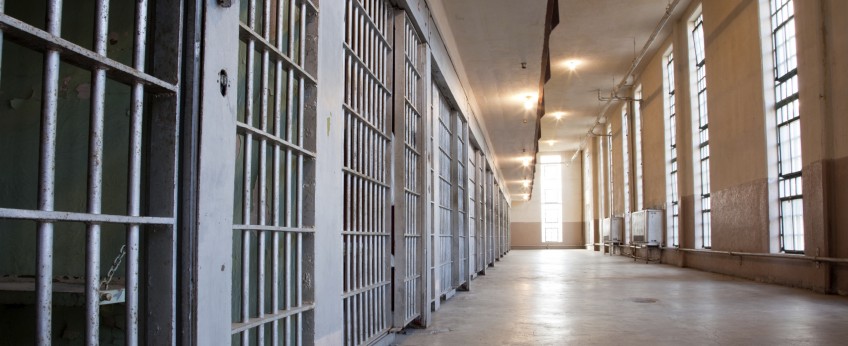FIRST STEP Act Temporarily Stalls, but States Continue to Make Waves on Laws Helping Ex-Offenders and Improving Public Safety
Yesterday, President Donald Trump and Jared Kushner met with Attorney General Jeff Sessions in order to evaluate the Senate’s willingness to move the revised version of the FIRST STEP Act forward. This meeting comes after weeks of discussion between criminal justice reform advocates and critics over sentencing reform provisions that were proposed as possible additions to the bill. According to reports, and this article by Axios, the Senate likely will not be voting on the FIRST STEP Act before the midterm elections. However, not all hope is lost for those who want the bill to pass. According to Senator Mike Lee (R-UT), the bill likely will be voted on after the midterms.
The FIRST STEP Act is supported by many conservatives and liberals. For example, earlier this week John Malcolm, the Vice-President for the Institute for Constitutional Government at the Heritage Foundation, and Brett Tolman, the Former U.S. Attorney for the District of Utah, wrote an article supporting the FIRST STEP Act, arguing that it would enhance public safety by reducing recidivism rates. In addition, FAMM hosted a panel on Capitol Hill earlier this week. The panel consisted of conservative and liberal criminal justice experts who all agreed that the FIRST STEP Act would improve public safety while helping prisoners transition back into society upon their release.
While the federal legislative process is long, arduous, and at times frustrating, states continue to pass legislation easing ex-offenders’ reentry back into society. In fact, this year alone there are several examples of states passing legislation to ease the transition for those with criminal records and chip away at the collateral consequences that they often face.
For example, Pennsylvania passed HB 1419. This bill is known as “clean slate” legislation that allows certain offenders to have their criminal records sealed automatically. HB 1419 only permits records for those with certain low-level, nonviolent criminal convictions to be automatically sealed after 10 years following conviction or final release from confinement or supervision, whichever is later. Therefore, the bill allows for adequate time for an individual to prove that they are no longer a threat to public safety. HB 1419 has several provisions that are contained in both the ALEC model Criminal Records Confidentiality Act and the Resolution in Support of Judicial Discretion to Grant Order of Nondisclosure in Low-Level Drug Possession Cases. Both policies help certain ex-offenders to have their criminal records expunged after a reasonable period of time.
Another example of this year’s progress in the states was Nebraska passing LB 299. This law will help reduce occupational licensing requirements, which serve as a substantial barrier to employment opportunities for ex-offenders. The law requires the use of the ‘least restrictive method’ to regulate various professions. Additionally, it creates a licensing board which will perform a legislative review of existing occupational licensing regulations as well as new licensing proposals. The law also decreases the government imposed occupational licensing burden for ex-offenders by limiting the use of licensure to areas that protect public interest and limit harm. This would ensure that sex offenders would not be able to work in schools or with children. Furthermore, the law allows applicants to petition occupational boards as to whether a past conviction disqualifies them from a license before they invest time and money into education, training and testing. These are based on the ALEC models Occupational Licensing Defense Act and Collateral Consequences Reduction Act.
Though the FIRST STEP Act is stuck in a holding pattern, the states continue to lead the way in passing criminal justice laws that make it easier for ex-offenders to re-enter society. These reforms promote public safety by reducing recidivism rates, which is a crucial function of government. Hopefully, the Senate will follow the lead of the states and take up the FIRST STEP Act after the midterm elections. Ultimately, around 96% of offenders will be released from prison and back into their communities. Certainly, criminals ought to be punished for their actions; however, they should also be permitted the opportunity to be productive members of society after they have served their sentence.

